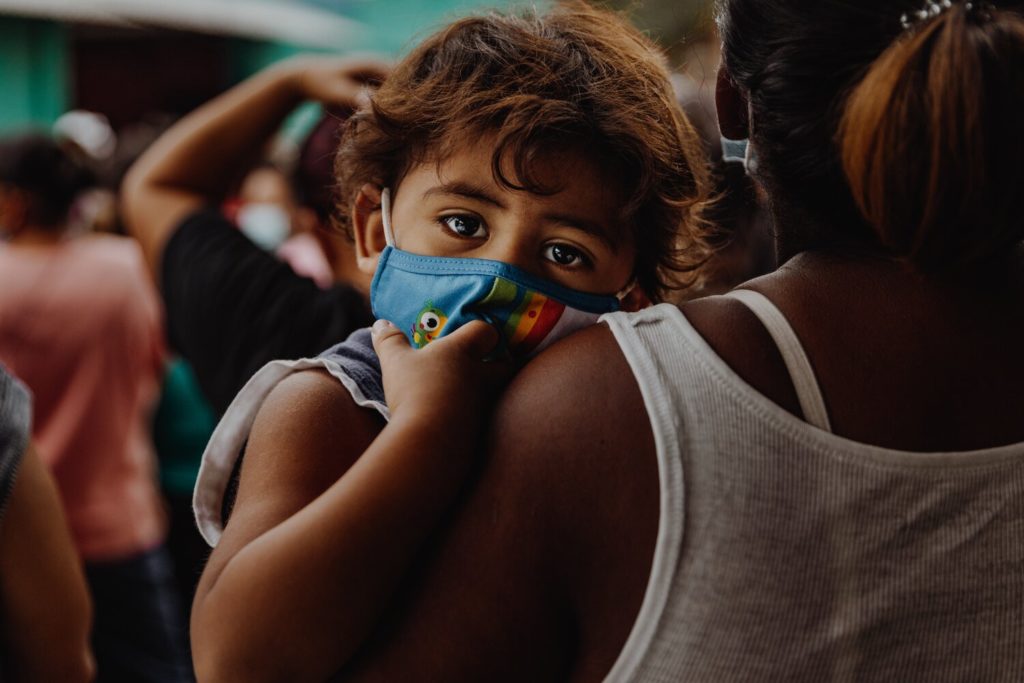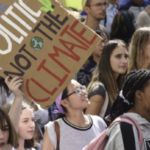MOMENTUM BUILDS BEHIND THE CAMPAIGN FOR UNIVERSAL RECOGNITION OF THE RIGHT TO A HEALTHY ENVIRONMENT.
The 46th Regular Session of the Human Rights Council (HRC46) in Geneva last month may be remembered as a watershed moment in the global campaign for universal recognition of the right to a safe, clean, healthy and sustainable environment. The March session saw scores of countries sign up to a statement indicating the commencement of a dialogue process between states and other stakeholders with a view to securing the international recognition of the right. This is a moment of particular significance for children and young people, who are disproportionately vulnerable to environmental harm.
“It is our belief that a safe, clean, healthy and sustainable environment is integral to the full enjoyment of human rights. Therefore the possible recognition of the right at a global level would have numerous important implications on what we leave to our future generations,”
The Maldives, addressed the virtual Human Rights Council gathering on behalf of a core group of states that have been leading the consultations. The core group, which also includes Slovenia, Morocco, Costa Rica and Switzerland, subsequently released a statement in pursuit of universal recognition of the right. The statement is signed by 69 countries.
A UN Joint Statement, led by UNEP and co-signed by 15 other UN entities including the World Health Organisation, the International Labour Organisation, the Officer of the High Commissioner for Human Rights and the Office of the Secretary-General’s Envoy on Youth, said that the rights of present and future generations depend on a healthy environment. It underscored that the right to a healthy environment is recognized by over 150 UN member states, but it has not been formally recognized at the global level thereby delaying achievement of the Sustainable Development Goals.
The Right to a Healthy Environment campaign, which was launched just 6 months earlier at the 45th Human Rights Council session in 2020, has now been signed by more than 1,150 organizations from civil society, social, environmental, youth, gender equality and human rights movements, trade unions, Indigenous Peoples, and local communities, from more than 100 countries.
During the interactive dialogue, the Children’s Environmental Rights Initiative (CERI), Child Rights Connect Working Group on Child Rights and the Environment and Terre des Hommes delivered a joint statement for the interactive dialogue with the UN Special Rapporteur on Human Rights and the Environment drawing attention to the relationship between children’s rights and the environment and calls on governments to recognize the right to a healthy environment, a step of particular relevance to children and future generations. Over 90 organizations across the world have endorsed the statement.
The joint statement read:
“The UN should formally recognise the right to a healthy environment as soon as possible. It would provide comprehensive protection against environmental harm, spur all states to prioritize actions to implement this vital human right and empower those working to protect the environment. Such a step would be of particular relevance to children and future generations, who shoulder a disproportionate share of the burden of environmental harm.”
The universal recognition of the right to a healthy environment appears to be closer than ever before. Significantly, next year marks the 50th anniversary of the United Nations Conference on the Environment held in Stockholm, Sweden in June 1972. The conference, which led to the development of UNEP, was the first world conference to make the environment a major issue and the conference declaration recognised that the natural environment is essential to the well-being of humanity and to the enjoyment of basic human rights.
As we begin to slowly emerge from the COVID-19 pandemic and the talk of a green recovery intensifies, it seems to make sense that countries would come together to make the right to a safe, clean, healthy and sustainable environment the foundation for this recovery. Indeed, this should not be a challenging proposition – today more than 100 constitutions across the world have adopted a human right to a healthy environment, which is proving to be a powerful way to protect the natural world. Governments around the world can signal their commitment to a genuine, green recovery by rallying behind the core group and securing universal recognition of the right to a healthy environment in time for the 50th anniversary of the UN Conference on the Human Environment, to be marked in Stockholm in 2022.
Seán McCabe is the Executive Manager of the TASC Climate Justice Centre, based in Ireland, and is supporting the work of Children’s Environmental Rights Initiative (CERI) in areas of advocacy and strategic development.







